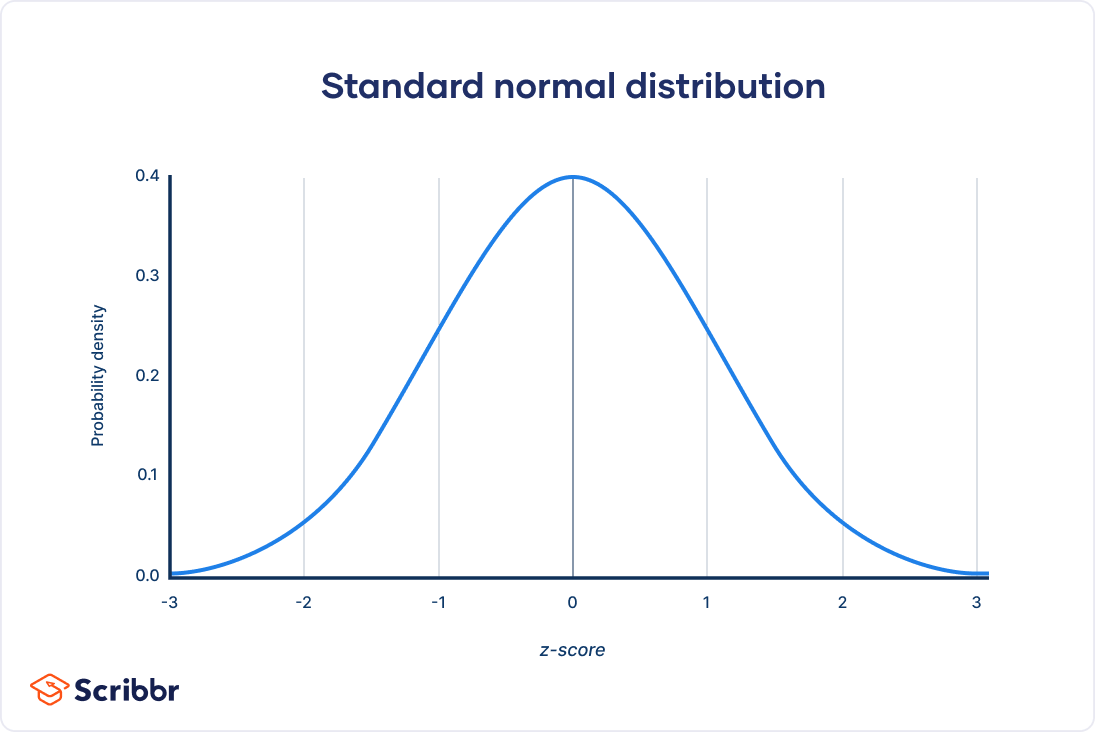Normal Blood Sugar Levels Explained

Understanding normal blood sugar levels is crucial for maintaining good health, particularly for individuals with diabetes or those at risk of developing the condition. Blood sugar, also known as glucose, is the primary source of energy for the body’s cells. The level of glucose in the blood is tightly regulated by the body, with the pancreas playing a key role in this process by secreting insulin and glucagon, hormones that lower and raise blood glucose levels, respectively.
What are Normal Blood Sugar Levels?
Normal blood sugar levels vary throughout the day, depending on when you last ate and the type of food you consumed. Generally, for individuals without diabetes, normal blood glucose levels are as follows:
- Fasting Blood Sugar: Less than 100 mg/dL (milligrams per deciliter) after an overnight fast of at least 8 hours.
- After Eating (Postprandial): Less than 140 mg/dL 2 hours after a meal.
For people with diabetes, the American Diabetes Association (ADA) recommends the following targets:
- Fasting: 80-130 mg/dL
- Before Meals: 70-130 mg/dL
- 1-2 Hours After Meals: Less than 180 mg/dL
How Does the Body Regulate Blood Sugar Levels?
The regulation of blood sugar levels involves a complex interplay between the pancreas, liver, and other organs. Here’s a simplified overview of the process:
- Consumption of Carbohydrates: When you eat carbohydrates, your body breaks them down into glucose, which is then absorbed into the bloodstream.
- Insulin Release: The rise in blood glucose triggers the pancreas to release insulin. Insulin acts like a key, unlocking cells to allow glucose to enter and provide energy.
- Glucose Uptake by Cells: With insulin’s help, cells throughout the body absorb glucose from the bloodstream, lowering blood sugar levels.
- Glucagon Release: When blood glucose levels drop (for example, between meals or during fasting), the pancreas releases glucagon. Glucagon stimulates the liver to release stored glucose (glycogen) into the bloodstream, raising blood sugar levels.
Factors Affecting Blood Sugar Levels
Several factors can influence blood sugar levels, including:
- Diet: The type and quantity of carbohydrates consumed can significantly impact blood sugar levels.
- Physical Activity: Exercise can lower blood sugar levels by promoting the uptake of glucose by muscles.
- Stress and Sleep: Stress and lack of quality sleep can raise blood sugar levels.
- Medications: Certain medications can affect blood sugar levels.
Monitoring Blood Sugar Levels
For individuals with diabetes, regular monitoring of blood sugar levels is essential to manage the condition effectively. This involves:
- Self-Monitoring of Blood Glucose (SMBG): Using a glucometer to measure blood sugar levels at different times of the day.
- Continuous Glucose Monitoring (CGM): Wearing a device that tracks blood glucose levels throughout the day and night.
- Hemoglobin A1c (HbA1c) Testing: A blood test that provides an average of blood glucose levels over the past 2-3 months.
Importance of Maintaining Normal Blood Sugar Levels
Maintaining normal blood sugar levels is crucial for preventing the complications associated with diabetes, such as heart disease, kidney damage, nerve damage, and vision problems. For individuals without diabetes, keeping blood sugar levels within a healthy range can help prevent the development of insulin resistance and type 2 diabetes.
Managing Blood Sugar Levels
Effective management of blood sugar levels involves a multifaceted approach, including:
- Healthy Diet: Consuming a balanced diet that is low in added sugars, saturated fats, and sodium.
- Regular Physical Activity: Engaging in at least 150 minutes of moderate-intensity aerobic exercise, or 75 minutes of vigorous-intensity aerobic exercise, or a combination of both, per week.
- Stress Management: Practicing stress-reducing techniques, such as meditation or yoga.
- Adequate Sleep: Aiming for 7-8 hours of sleep per night.
- Medication Adherence: For individuals with diabetes, taking medications as prescribed by a healthcare provider.
Conclusion
Understanding and managing blood sugar levels are critical aspects of overall health, particularly for those with diabetes or at risk of developing the condition. By adopting a healthy lifestyle, staying informed about blood sugar management, and working closely with healthcare providers, individuals can maintain normal blood sugar levels and prevent the complications associated with diabetes.
What are the symptoms of high blood sugar levels?
+Common symptoms include increased thirst and urination, fatigue, blurred vision, and slow healing of cuts and wounds. If left untreated, high blood sugar can lead to serious complications.
How can I lower my blood sugar levels naturally?
+Natural ways to lower blood sugar include increasing physical activity, losing weight if you are overweight, eating a healthy diet low in added sugars and refined carbohydrates, staying hydrated, and managing stress levels.
What are the risks of low blood sugar levels?
+Low blood sugar, or hypoglycemia, can cause symptoms such as shakiness, dizziness, sweating, hunger, irritability, confusion, or even loss of consciousness in severe cases. It’s crucial to treat low blood sugar promptly with fast-acting carbohydrates.



